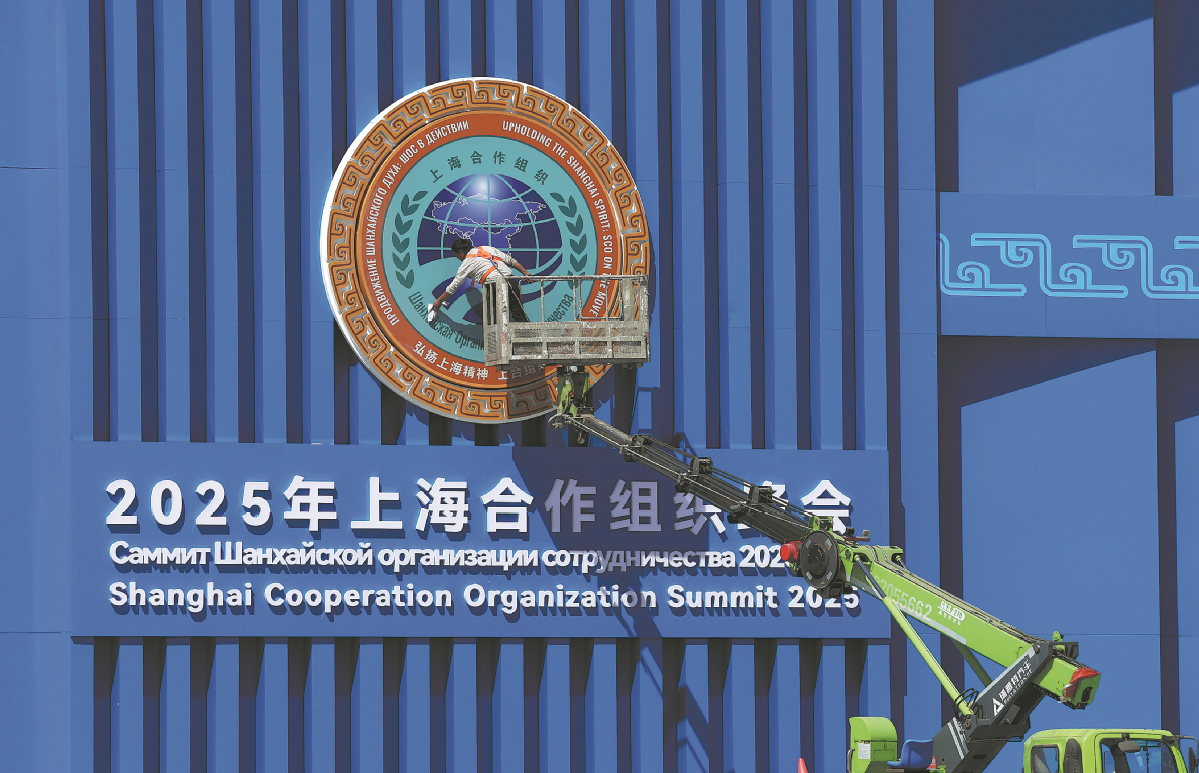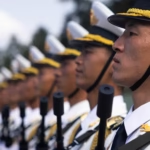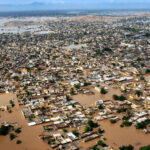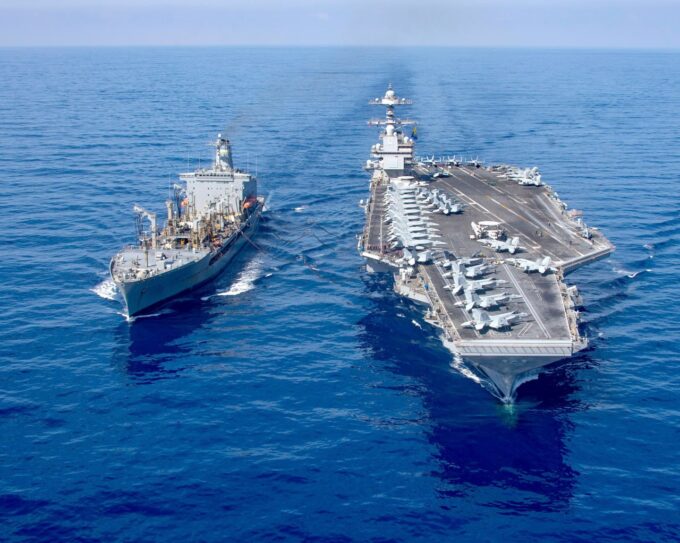Beijing – China is set to host the 25th Shanghai Cooperation Organization (SCO) Summit from August 31 to September 1, 2025, in Tianjin—the largest such gathering in the history of the bloc. Reflecting its rotating presidency for 2024–2025, China will host over 20 heads of state and leaders from 10 international organizations, underlining the summit’s heightened significance.
Among the confirmed high-profile attendees are Russian President Vladimir Putin, Indian Prime Minister Narendra Modi, Iranian President Masoud Pezeshkian, Malaysian Prime Minister Anwar Ibrahim, Pakistani Prime Minister Shehbaz Sharif and UN Secretary-General Antonio Guterres. Their presence, alongside leaders from Central Asia, Southeast Asia, and beyond, underscores China’s extensive diplomatic outreach.
The summit will convene under the guiding ethos of the “Shanghai Spirit”, a principle emphasizing mutual trust, equality, and respect for diverse civilizations. In advance of the event, media and think tank forums in Zhengzhou have reinforced shared values and cooperation across security, development, and cultural exchange lines. Key agenda items include regional security, counterterrorism, economic integration, digital cooperation, and sustainable development. These align with last year’s resolutions and extend into new domains like renewable energy and the digital economy.
For India, this marks Modi’s first visit to China since 2019, signaling a potential thaw in strained Sino-Indian relations. The summit provides a diplomatic platform to revive dialogue, even amid lingering tensions over border issues and terrorism.
On the geopolitical front, the summit comes against the backdrop of global shifts. With US foreign policy under Donald Trump creating friction with regional allies, China is seizing the moment to project its leadership and cohesion within the Global South. Analysts view the event as part of Beijing’s broader push to counter Western influence and reinforce multilateral engagement.
Preparatory events have already laid the groundwork: a Council of Foreign Ministers meeting in July finalized political readiness, and media think-tank conferences advanced consensus-building. Dialogue has engaged sectors from urban development and digital economy to poverty alleviation.
The summit is expected to conclude with a Tianjin Declaration, reinforcing commitments to collaborative security, sustainable development, and technological cooperation. Coupled with a grand military parade in Beijing shortly after, the event will serve as both a diplomatic showcase and a demonstration of military resolve.












Leave a comment